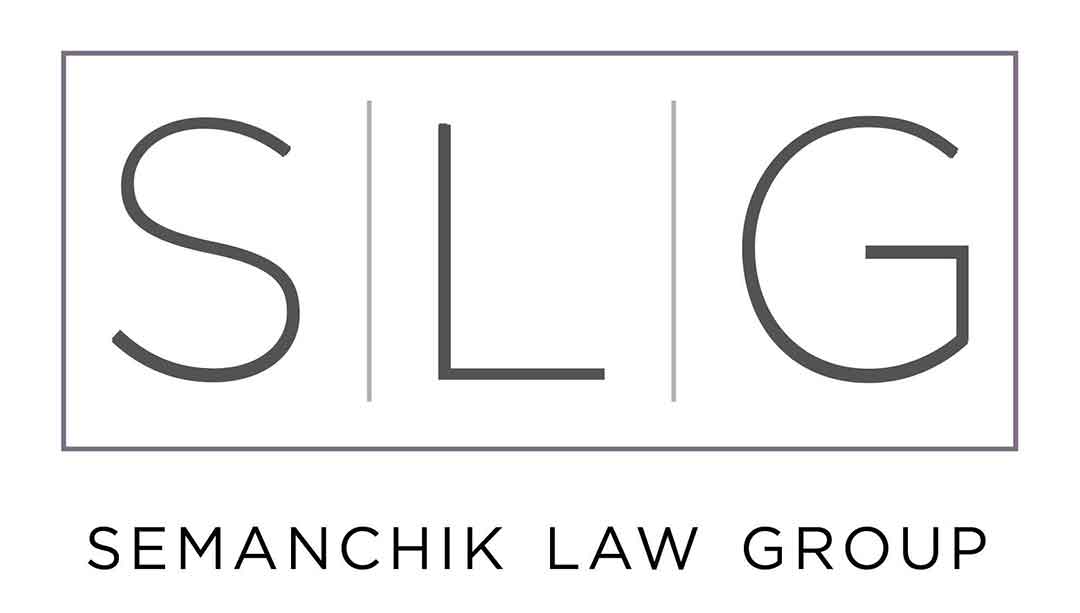Are Nondisclosure Agreements Enforceable in California?
From small, local businesses to large, multinational corporations, nondisclosure agreements are common in the state of California. But just how enforceable are these NDAs?
Well, California courts have long ruled that companies can use NDAs to protect certain financial, technical, and business-related information, such as:
- Unpatented inventions
- Product designs
- Business plans
- Client lists
- Recipes, and
- Chemical formulas
Information of this nature is typically classified as a trade secret. Under Cal. Civ. Code § 3426.1, a trade secret is defined as any formula, pattern, method, process, or technique that:
- Derives economic value, actual or potential, from not being generally known to the public or to other persons who can obtain economic value from its disclosure or use; and
- Is the subject of efforts that are reasonable under the circumstances to maintain its secrecy.
Broadly speaking, any piece of information that fits this definition is eligible for NDA protection in the state of California.
Elements of a Valid Nondisclosure Agreement in California
Generally speaking, for an NDA to be valid in California, it must contain the following elements:
- A list of the parties involved in the NDA
- A description of the purpose of the NDA
- The length of time the NDA will be in effect
- A description of the information that must be kept confidential
- A description of the measures the signatory is required to take to keep the information confidential
- A statement that identifies who owns the confidential information; and
- The consequences of violating the NDA
NDAs that are vague, overly broad, or missing key information are typically found to be invalid in California.
When Are Nondisclosure Agreements Unenforceable in California?
Though Californian businesses can almost always use NDAs to protect their trade secrets, there are some situations in which a confidentiality agreement may be deemed unenforceable.
For example, California’s STAND Act and Silenced No More Act make it unlawful for businesses to use NDAs to prevent people from revealing factual information regarding:
- An act of sexual assault
- An act of sexual harassment
- An act of workplace harassment or the failure to prevent such an act
- An act of workplace discrimination or the failure to prevent such an act
- An act of retaliation against a person for reporting harassment or discrimination
NDAs that prevent people from speaking about any of these acts usually do not hold up in court, even if they are otherwise valid.
Similarly, California courts will not enforce an NDA if the information it seeks to protect is already known to the public or is illegal in nature.
Your Experienced California Business Lawyer
Do you want an experienced business attorney in San Diego to help you protect your company’s trade secrets with an NDA? If so, please do not hesitate to get in touch with the team here at the Semanchik Law Group. We’ve been standing up for local businesses for years, and we’re ready to do the same for you!
To set up a consultation, all you need to do is give us a call at (619) 535-1811 or fill in our online contact form. We look forward to working with you!


